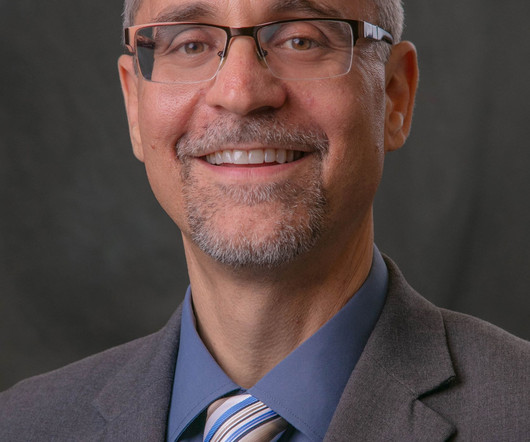The Right Formula
Diverse: Issues in Higher Education
JULY 5, 2023
Mentors: Candace Lawrence, PhD (Xavier University of Louisiana); Timothy Glass, Ph.D. Part of the fellowship involved mentoring three undergraduate researchers, assisting them in designing experiments and teaching them synthetic techniques.



















Let's personalize your content